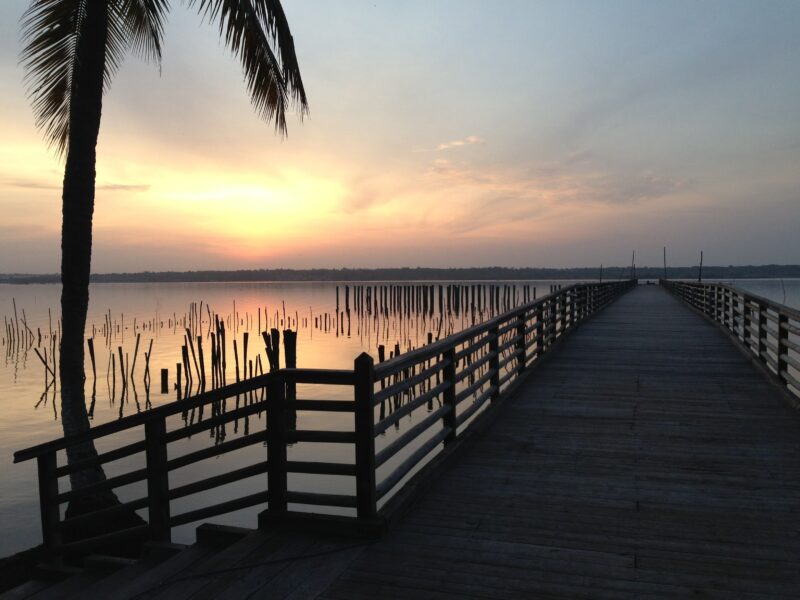Solution provider

Through its global network of missions and experts, the Ministry of Foreign Affairs of Denmark facilitates intelligent cleantech solutions worldwide.
Case
Climate change adaptation
Coastal protection
Nature based solutions


Through its global network of missions and experts, the Ministry of Foreign Affairs of Denmark facilitates intelligent cleantech solutions worldwide.
Add the case to your visit request and let us know that you are interested in visiting Denmark
Benin in West Africa is experiencing one of the highest rates of coastal erosion in the world. Its 121-kilometre coastline, harbouring the administrative capital of Porto Novo and the economic capital of Cotonou, is threatened by rising sea levels and increased frequencies of extreme weather events causing erosion and flooding.
A World Bank study shows that environmental degradation in the coastal areas cost Benin, Côte d’Ivoire, Senegal, and Togo 3.8 billion USD, or 5.3 per cent of their combined GDP in 2017.
The World Bank-managed West Africa Coastal Areas Program (WACA) project in Benin supports activities to reverse coastal erosion trends, combat coastal ecosystem degradation and strengthen community resilience. Part of the project is protecting the Mono River in the Avlo District in Benin against erosion through reforestation. The trees, with their underground network of roots, prevent the destruction of the only road that connects a community of 25,500 inhabitants to income opportunities and public health services.
WACA is supported by Denmark through the Nordic Development Fund (NDF), helping West African countries sustainably manage their coastal areas and strengthen their socio-economic resilience to the effects of climate change.
The NDF is a joint development finance institution between Denmark, Finland, Iceland, Norway, and Sweden, established in 1989. Denmark’s owner’s share is around 22 per cent.
More than 700 meters of the south bank of the Mono River have been stabilised. That alongside other emergency works has prevented flooding in 52 villages with over 3,650 households.